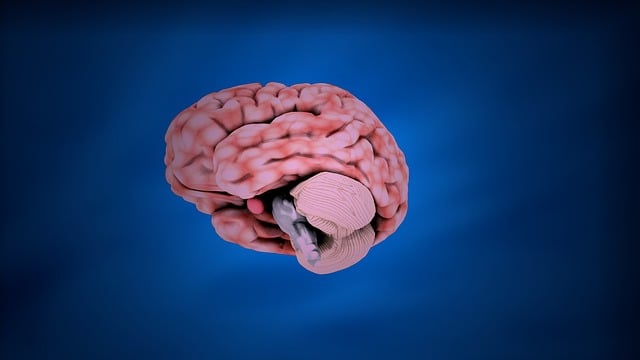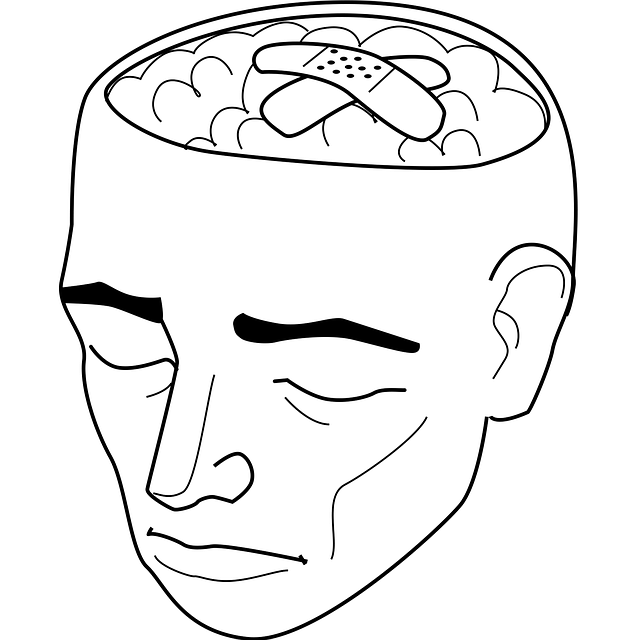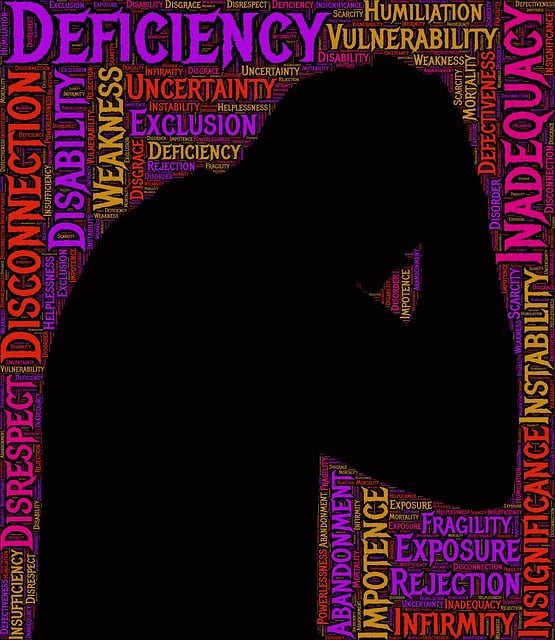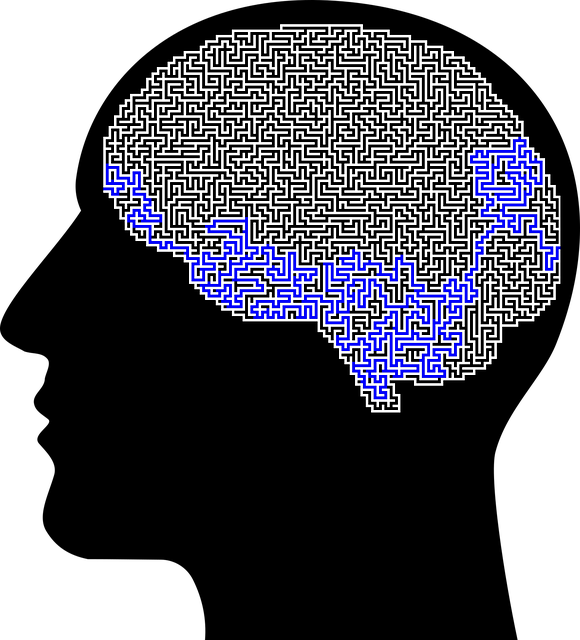Stress management is a critical aspect of supporting individuals with Attention Deficit Disorder (ADD) or Attention Deficit Hyperactivity Disorder (ADHD), with specialized evaluations and therapy from Lakewood playing a key role. Through tailored interventions, empathy-driven approaches, and community outreach, individuals gain emotional awareness and healthy coping strategies. Education plays a vital role in teaching effective stress management techniques, including Mental Health Policy Analysis, self-care practices, and holistic learning environments that empower students to navigate challenges. Teachers modeling active communication, open dialogue, and active listening reduce student stress and foster positive learning communities. Integrating mindfulness, relaxation, compassion cultivation, and social skills training enhances well-being and supports students with ADD/ADHD in traditional educational settings, as offered by Lakewood's comprehensive evaluations and therapy programs.
“Stress management techniques are essential tools for individuals with ADD/ADHD, helping them navigate challenges and thrive. This article explores comprehensive strategies tailored to the unique needs of this demographic. We delve into understanding stress and its impact, highlighting the pivotal role teaching plays in empowering students. Effective communication techniques, mindfulness practices, and supportive classroom environments are explored as game-changers in managing stress. For those seeking guidance, Lakewood ADD-ADHD evaluations and therapy offer valuable resources to unlock potential.”
- Understanding Stress and Its Impact on Individuals with ADD/ADHD
- The Role of Teaching in Stress Management Strategies
- Effective Communication Techniques for Teachers and Students
- Incorporating Mindfulness and Relaxation Practices in the Classroom
- Creating a Supportive Learning Environment for Stress Reduction
Understanding Stress and Its Impact on Individuals with ADD/ADHD

Stress is a significant challenge for many individuals with Attention Deficit Disorder (ADD) or Attention Deficit Hyperactivity Disorder (ADHD). These conditions often make it harder to manage and cope with stressful situations, as they may struggle with emotional regulation and executive functioning skills. Understanding the impact of stress on this population is crucial in developing effective support strategies.
Stress can intensify symptoms, leading to increased anxiety, difficulty concentrating, and impulsive behaviors. Lakewood ADD-ADHD evaluations and therapy play a vital role in identifying triggers and providing tailored interventions. Through empathy-building strategies, individuals can learn to recognize their emotional responses and develop healthy coping mechanisms. Additionally, community outreach program implementations can offer support networks, fostering an environment that understands the unique challenges faced by those with ADD/ADHD, ultimately contributing to improved stress management and overall well-being.
The Role of Teaching in Stress Management Strategies

Teaching plays a pivotal role in equipping individuals with effective stress management strategies, especially those navigating conditions like ADD/ADHD. Through structured and supportive learning environments, educators can foster the development of essential skills to cope with stress. Incorporating practices such as Mental Health Policy Analysis and Advocacy ensures that students understand their rights and access available resources, fostering a sense of agency in managing their mental health.
Incorporating Self-Care Practices into teaching methodologies is another powerful approach. Encouraging students to engage in regular self-care activities, like Mental Wellness Journaling Exercises, can help them identify healthy coping mechanisms and promote resilience. By integrating these strategies into the curriculum, educators contribute to the holistic development of students, empowering them to navigate stress and adversity effectively, even beyond the classroom setting.
Effective Communication Techniques for Teachers and Students

Effective communication is a vital tool in managing stress and fostering a positive learning environment. Teachers play a crucial role in modeling healthy communication strategies for their students, especially those with attention-deficit/hyperactivity disorder (ADHD) or similar conditions, such as those undergoing Lakewood ADD-ADHD Evaluations and Therapy. Encouraging open dialogue allows students to express their feelings and concerns, reducing internalized stress. This is particularly important for promoting emotional well-being, a key aspect of burnout prevention.
Active listening, where teachers give their undivided attention to students’ thoughts and emotions, can significantly impact a student’s mental health. By validating their experiences and offering support, teachers create a safe space, minimizing the risk of mental health issues arising from unaddressed stress. This approach aligns with the broader goal of emotional well-being promotion techniques, ensuring that students feel heard and understood, which is essential for effective learning and overall mental wellness.
Incorporating Mindfulness and Relaxation Practices in the Classroom

Incorporating mindfulness and relaxation practices in the classroom is a powerful strategy to help students manage stress and enhance their overall well-being, especially those receiving Lakewood ADD-ADHD evaluations and therapy. These techniques foster a sense of calm and focus, enabling students to better regulate their emotions and improve academic performance. Simple practices like deep breathing exercises, guided visualizations, and short mindfulness breaks can be seamlessly integrated into daily routines, creating a peaceful environment that supports learning.
By introducing compassion cultivation practices and social skills training alongside these relaxation techniques, educators can empower students to build inner strength and develop positive relationships. Such an approach not only addresses individual stress management but also promotes a supportive school community, benefiting all learners. This holistic method, combined with professional guidance from therapists, ensures that students receive comprehensive support tailored to their unique needs.
Creating a Supportive Learning Environment for Stress Reduction

In fostering a supportive learning environment for stress reduction, educators play a pivotal role in implementing strategies that encourage resilience building among students, particularly those with conditions like ADD-ADHD. This involves creating safe and inclusive spaces where open conversations about mental health are normalized. By integrating stress reduction methods into daily routines, such as mindfulness exercises or short breaks during lessons, students learn healthy coping mechanisms. A calm atmosphere, supported by structured yet flexible teaching approaches, enables students to better manage their symptoms and enhance their focus, thereby improving overall learning outcomes.
Moreover, incorporating Social Skills Training can significantly contribute to stress reduction in this context. By teaching effective communication, conflict resolution, and empathy, students gain valuable tools for navigating social interactions more confidently. This not only minimizes stress arising from peer relations but also prepares them to better handle challenges in other aspects of their lives, including academic settings. Such holistic approaches create a supportive ecosystem that facilitates both learning and emotional well-being, especially beneficial for individuals with ADD-ADHD who may face unique stressors in traditional educational settings.
Stress management techniques are invaluable tools for individuals with ADD/ADHD, as they can significantly improve their overall well-being and academic performance. By integrating these strategies into classroom settings through teaching and supportive environments, educators play a crucial role in empowering students to navigate stress effectively. Effective communication, mindfulness practices, and a nurturing atmosphere, all highlighted in this article, are key components of stress reduction strategies that can have lasting positive impacts for those seeking Lakewood ADD-ADHD evaluations and therapy.












